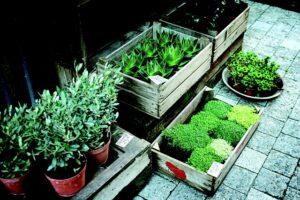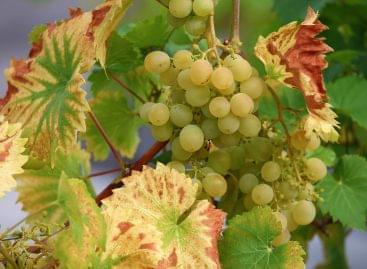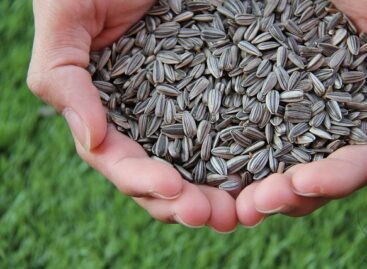When buying plants online, you need your passport!
Distance selling of plants intended for planting is only permitted with a plant passport, which proves that cultivation and production took place in compliance with plant health requirements. In addition to the law-abiding behavior of growers and traders, buyers can also do a lot to prevent the spread and establishment of pests that cause economic and environmental losses: always look for the plant passport when shopping online!

(Photo: Pixabay)
The relevant EU regulation stipulates that certain plants and plant products must have a plant passport, i.e. an official label certifying plant health requirements, during transport within the EU. When selling online – whether it’s a web store, social media advertising application, etc. – in all cases, the plant intended for planting must be sent to the buyer together with the passport required for its transport. In the absence of this, there is a risk that it comes from an unreliable, phytosanitary-objectionable place. Its purchase and planting may even lead to the spread of pests causing significant social, environmental and economic losses, or to the appearance and establishment of quarantine pests in the country. It is therefore of utmost importance to purchase healthy planting material and plants for planting from a reliable source, the key element of which is the plant passport, as it plays a role in traceability and traceability of the cultivation process. That is why gardeners should always look for the plant passport when shopping online. Before ordering, it is worth asking the seller whether the plant has a plant passport, and if it is missing from the “package” during delivery, report it to Nébih ZöldSzám.
What does the obligation cover?
The regulation applies to all plants intended for planting, with the exception of seeds. The list of affected plants, plant products and other substances is provided in XIII of the decree. and XIV. included in the annex. These include, for example, succulents, potted plants, Yukka, Aloe vera, Nerium oleander, etc.
What are the mandatory elements of the plant passport?
The following information must always appear on the passport:
Plant Passport inscription (in English is mandatory)
A – botanical name (+ variety)
It is necessary to indicate the lowest possible taxonomic classification, which cannot be higher than the Family classification
B – issuing country code or registration number
C – tracking code (no fixed form, can be barcode or QR code)
The indication of the tracking code is not mandatory, it can be omitted.
D – code of EU member state of origin or name or code of third country of origin
Additional information about the plant passport can be found at the link https://portal.nebih.gov.hu/-/tavertekesiteskor-elengedhettel-a-novenyutlevel.
Nébih
Related news
Increased laboratory capacity to combat grapevine golden yellow disease
🎧 Hallgasd a cikket: Lejátszás Szünet Folytatás Leállítás Nyelv: Auto…
Read more >








